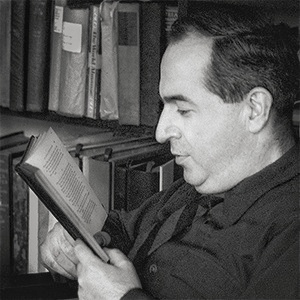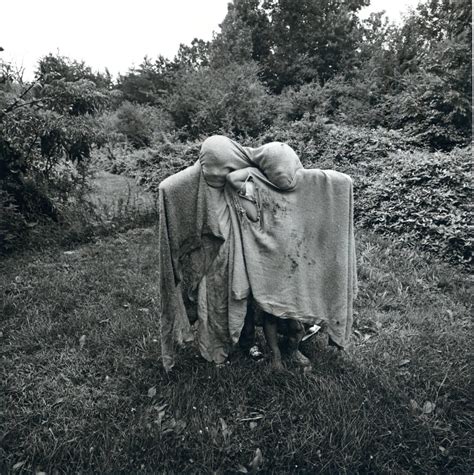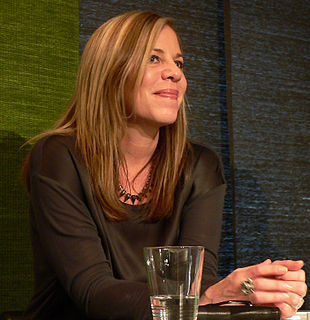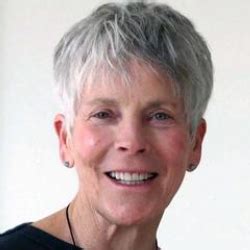A Quote by Eli Siegel
There is a quality of murky grandeur we give ourselves in having our own feelings, recoiling, separate from other things... To feel that we can care for ourselves without seeing our feelings as objects, and liking them as objects, is to be wrong about our care for ourselves.
Related Quotes
But how can we love someone if we don't like him? Easy-we do it to ourselves all the time. We don't always have tender, comfortable feelings about ourselves; sometimes we feel foolish, stupid, asinine, or wicked. But we always love ourselves: we always seek our own good. Indeed, we feel dislike toward ourselves, we berate ourselves, precisely because we love ourselves; because we care about our good, we are impatient with our bad.
We won't let ourselves feel our anger, rage, and pain. We push it down or anesthetize it through drugs, alcohol, shopping, or whatever we do in order not to feel it. When that memory and the associated feelings get lodged down there in our soul, the feelings are still there. They don't just magically go away. We have to give ourselves the opportunity to feel them.
Many of our feelings of satisfaction or dissatisfaction have their roots in how we compare ourselves to others. When we compare ourselves to those who have more, we feel bad. When we compare ourselves to those who have less, we feel grateful. Even though the truth is we have exactly the same life either way, our feelings about our life can vary tremendously based on who we compare ourselves with. Compare yourself with those examples that are meaningful but that make you feel comfortable with who you are and what you have.
Of course, this is one of the really important things about art, that you can make more than you can understand at the moment the thing is being made. But the gap between what we recognize inside ourselves - our feelings- and our ability to trust ourselves and to trust exposing ourselves to those ideas, can be great.
If we face our unpleasant feelings with care, affection, and nonviolence, we can transform them into a kind of energy that is healthy and has the capacity to nourish us. By the work of mindful observation, our unpleasant feelings can illuminate so much for us, offering us insight and understanding into ourselves and society.
Healing ourselves on the spiritual level involves developing a strong connection with our soul. We heal ourselves on the mental level as we become aware of our core beliefs, release those that limit us, and open to more supportive ideas and greater understanding. Emotional healing takes place as we learn to accept and experience the full range of our feelings. And we heal ourselves on the physical level when we learn to honor and care for our bodies, and for the physical world around us.
We begin to change the dynamic of our relationships as we are able to share our reactions to others without holding them responsible for causing our feelings, and without blaming ourselves for the reactions that other people have in response to our choices & actions. We are responsible for our own behavior and we are not responsible for other people's reactions; nor are they responsible for ours.
We all have different desires and needs, but if we don't discover what we want from ourselves and what we stand for, we will live passively and unfulfilled. Sooner or later, we are all asked to compromise ourselves and the things we care about. We define ourselves by our actions. With each decision, we tell ourselves and the world who we are. Think about what you want out of this life, and recognize that there are many kinds of success.
The greatest barrier to own own healing is not the pain, sorrow or violence inflicted upon us as children. Our greatest hindrance is our ongoing capacity to judge, to criticize, and to bring tremendous harm to ourselves. If we can harden our heart against ourselves and meet our most tender feelings with anger and condemnation, we simultaneously armor our heart against the possibility of gentleness, love and healing.







































